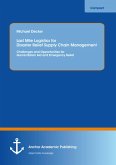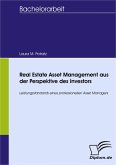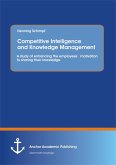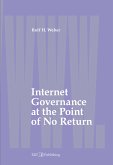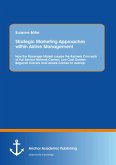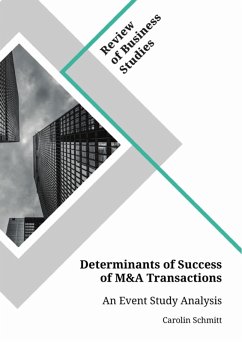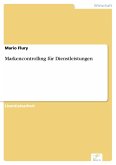This study examines the current legislature and best practice corporate governance for institutional investors in Germany and the United States. Differences in investment regulation, compliance and disclosure requirements, as well as expense and tax schemes are identified for insurance companies and the pension fund industry. Based on current academic literature, hypotheses about the impact of different regulatory regimes are derived and tested empirically in a comparison between Germany and the United States over the last five years. Differences in asset allocation between the two countries are determined for both industries. It is shown that the strict quantitative regulation of asset allocation in Germany has no negative impact on institutional investors' performance, yet it reduces the realized risk measured through depreciation. A principal component regression reveals that asset allocation constitutes a relevant indicator for depreciation and performance in Germany. It can be inferred that the investment regulation in Germany poses little disadvantages for investors while it provides a significant risk reduction. This conclusion is confirmed by practitioners from the pension fund industry in Germany.
Dieser Download kann aus rechtlichen Gründen nur mit Rechnungsadresse in A, B, BG, CY, CZ, D, DK, EW, E, FIN, F, GR, HR, H, IRL, I, LT, L, LR, M, NL, PL, P, R, S, SLO, SK ausgeliefert werden.



